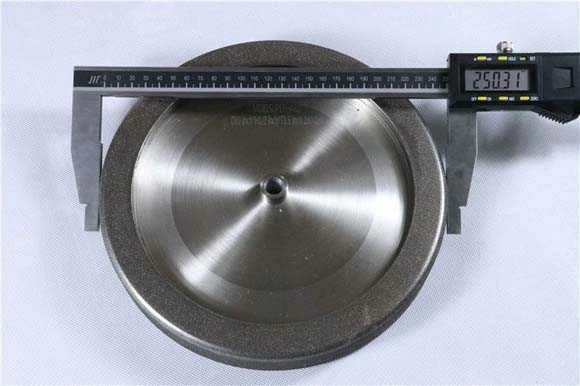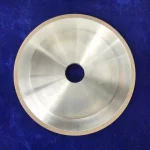Single pass honing tools are an essential component in the precision machining industry, offering a range of features that contribute to their effectiveness and efficiency. These tools are designed to achieve precise dimensional tolerances and surface finish requirements in a single pass, making them indispensable in various manufacturing processes. In this article, we will delve into the features of single pass honing tools, exploring their capabilities and benefits in further detail.
Superior Abrasive Efficiency
One of the standout features of single pass honing tools is their superior abrasive efficiency. These tools incorporate high-quality abrasives that are carefully selected to ensure consistent material removal while maintaining tight tolerances. The abrasive efficiency of single pass honing tools enables them to achieve precise surface finishes and geometrical accuracy in a single pass, eliminating the need for multiple machining operations. This efficiency not only saves time but also reduces production costs, making single pass honing tools a cost-effective solution for achieving high-precision components.

Adaptive Tool Design
Another notable feature of single pass honing tools is their adaptive tool design, which allows for versatility in machining applications. These tools are engineered to accommodate a wide range of bore diameters, ensuring that they can be utilized across various workpieces without the need for extensive tool changes. The adaptive nature of single pass honing tools simplifies the machining process, streamlining operations and enhancing productivity. Additionally, the ability to adjust the tool parameters easily makes these honing tools ideal for addressing diverse machining requirements, further underscoring their utility in precision manufacturing.
Precise Pressure and Feed Control
Single pass honing tools are equipped with precise pressure and feed control mechanisms, enabling operators to maintain consistent honing conditions throughout the machining process. The ability to control honing pressures and feeding rates ensures uniform material removal and surface finishing, resulting in exceptional part quality. Moreover, this feature minimizes the likelihood of part rejections due to dimensional variations, contributing to enhanced overall productivity and reduced scrap rates. By facilitating meticulous control over the honing process, single pass honing tools uphold stringent quality standards, making them indispensable in the production of high-precision components.
Advanced Automation Capabilities
The automation capabilities of single pass honing tools represent another key feature that distinguishes them in the realm of precision machining. These tools can be integrated into automated machining systems, allowing for unmanned operation and continuous production. The advanced automation capabilities of single pass honing tools enhance manufacturing efficiency by reducing manual intervention and optimizing cycle times. Furthermore, the integration of these tools into automated workflows contributes to improved consistency and repeatability, ultimately elevating the overall quality and output of machined components.

Enhanced Tool Life and Durability
Single pass honing tools exhibit exceptional tool life and durability, attributes that are essential for sustained performance in high-volume production environments. The materials and coatings used in these tools are selected for their wear resistance and toughness, ensuring prolonged operational life under demanding machining conditions. This feature not only reduces tooling costs but also minimizes downtime associated with tool changes and maintenance, bolstering the overall equipment efficiency. The enhanced tool life and durability of single pass honing tools make them a reliable and long-lasting solution for precision honing applications.
Integration with Industry 4.0 Technologies
In alignment with the progression towards Industry 4.0, single pass honing tools offer seamless integration with digital technologies to enable real-time monitoring and optimization of the honing process. Through the incorporation of sensors and data analytics, these tools provide valuable insights into machining parameters, tool performance, and part quality. This integration empowers manufacturers to make informed decisions regarding process adjustments and predictive maintenance, ultimately enhancing operational transparency and efficiency. By embracing Industry 4.0 principles, single pass honing tools remain at the forefront of technological advancement in the precision machining landscape.
In summary, single pass honing tools encompass a range of features that position them as indispensable assets in precision machining applications. From their superior abrasive efficiency and adaptive tool design to precise pressure and feed control, advanced automation capabilities, enhanced tool life and durability, and seamless integration with Industry 4.0 technologies, these tools embody the pinnacle of precision machining innovation. As manufacturing demands continue to evolve, the features of single pass honing tools will continue to play a pivotal role in meeting the exacting requirements of modern industrial production.
.webp)
